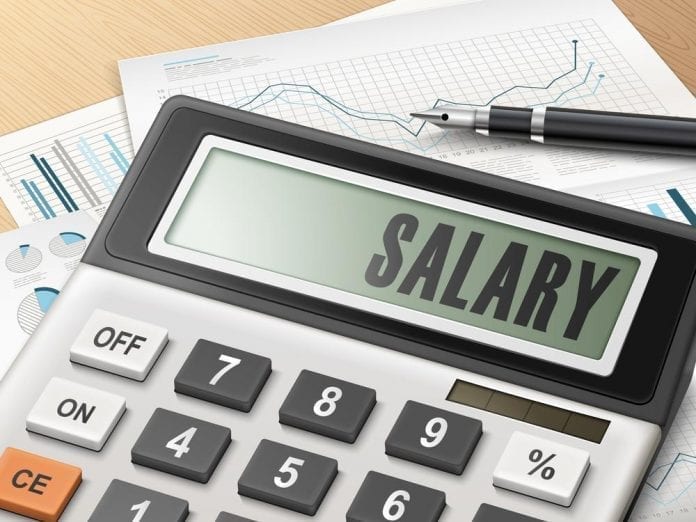As a business owner, depending on the structure of your company, there are basically two ways to effectively pay yourself-
- Salary – The typical salary payment method
- Owner’s draw – Where the owner takes a percentage from the company’s profit
I believe that entrepreneurs hardly make more money for themselves than what they would have been paid in salary if they worked for someone else. I’ve had to, therefore, ponder on whether the path of entrepreneurship is worth the accompanying stress on the individual, and if it wouldn’t be better to seek a more secure job and earn a salary as a 9-5 player.
Ironically, anyone who hasn’t been into entrepreneurship may romanticize the idea of being one, especially due to the often seemingly glamourous lifestyle of most CEOs which often paint the picture of large take-home salaries and benefits.
What may not be apparent to many on the other side of the divide, however, is the work; sacrifice and other below the belt punches that entrepreneurs often receive to keep their businesses running.
If my belief is right, it, therefore, means that entrepreneurs must be motivated by other factors other than salaries.
Suggested: The 5 Motivations That Drive People to Choose Entrepreneurship
But talking about salaries, I am often bewildered by how an entrepreneur’s worth should be determined, in terms of salary. For all the harrowing ordeals that entrepreneurs put themselves through, there must at least be a method for calculating the adequate compensation that an entrepreneur should pay himself as salary.
Unlike the corporate world, where you have the opportunity to discuss your salaries and other compensation packages with potential employers before you accept to be hired, setting your salary as a business owner is more complicated.
Whatever the figure you choose to pay yourself as an entrepreneur, one thing is sure – your number must put into consideration the importance of maintaining a healthy cash flow to keep your company in business. You must also ensure that you pay yourself only from your profit while being fair to your employees and investors if you have any.
Contents
Advantages of Paying Yourself as a Business Owner
- It Helps To Keep The Business Running When The Owners Are Paid
- It Helps Improve Investor Confidence on The Business
- It Helps With Tax and Accountability
Here are a few things to consider when setting your salary:
- Determine How Much Your Business is Worth
- Determine What Your Position is Worth
- Consider The Legal Structure of Your Business
FAQ on Paying Salaries
How Can a Business Owner Pay Salaries With a Negative Cashflow?
Regardless of what is happening with your financial figures, employees want to get paid. Maintaining a healthy cash flow isn’t always an easy task for most business owners and entrepreneurs. As a business consultant, I’ve helped my clients beat this pressing need for positive cashflow by introducing them to stop-gap measures like establishing a Business Line of Credit and at times help in securing short term loans.
Cash is gasoline for your business – it’s the lubricant that keeps all the parts working.
Without it, any business is dead in the water. But far too often, businesses focus on profitability versus cash flow. This can be quite problematic, so it’s essential to have a firm grasp of your business’s cash flow.
Should A Business Owner Take Salary With a Negative Cash flow?
No, it is obvious that once you take salaries as a business owner during a negative cashflow period, you would not only hurt your cash the more, you would also hurt the morale of your employees.


























Greetings! Quick question that’s entirely off topic. Do you know how to make
your site mobile friendly? My website looks weird when browsing from my iphone 4.
I’m trying to find a theme or plugin that might be able to correct this issue.
If you have any recommendations, please share.
Thanks! games ps4 allenferguson games ps4